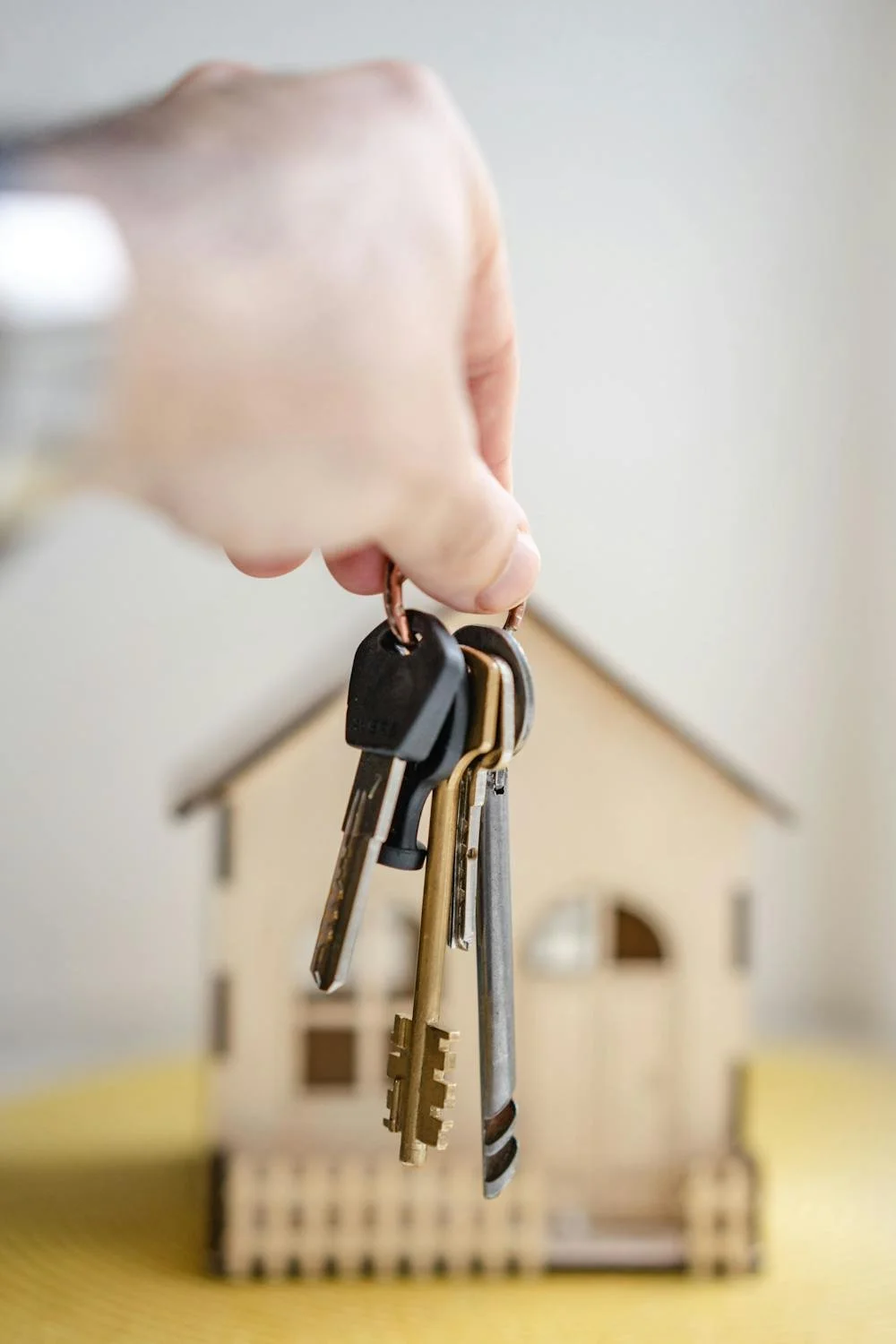How Your Home Figures Into Your Estate Planning
Your home is a significant asset which plays a crucial role in your estate and trust planning. For most households, it’s the largest asset and even for families with substantial holdings, their home figures into their estate planning as a key piece.
As you plan for the future, it’s important to consider what options are available to you – being informed is the best way to make insightful and sound choices.
Here’s where to start.
Your Home is a Valuable Asset
Whatever percent your home contributes to your overall net worth, it influences decisions about inheritance, taxes, and the distribution of assets. This is on top of the sentimental value you and your family have making memories in your home over the years, which commonly further complicates this discussion. It comes down to the simple fact that how your home will be addressed in your estate planning requires careful consideration.
Often, real property is a focus in any will or trust created, as it estate planning enables you the ability to specify your wishes on how your home – or the proceeds from the sale – will be distributed.
The value of your home will be part of what determines any taxes that may apply to your estate. If you are single, you pay no taxes on the first $250,000 in profits over your cost basis (you pay no taxes on the first $500,000 in profits if you file jointly).
When your home is part of your estate it’s a little different tax-wise for your beneficiaries. If they are inheriting less than $13,610,000 (this is the number in 2024) they avoid the federal estate tax. Further, when they inherit property, they are only taxed on any appreciation that occurs after they inherit the property (this is called a stepped-up cost basis). So if you and your spouse were to make more than $500,000 in profit upon selling your home, you would owe taxes on every dollar in profit you made after that $500,000. With the same house as part of an inheritance, that clock on when they have to pay taxes is reset.
Here's a sample scenario. You bought your home 30 years ago for $200,000. Let’s say it’s now worth $1,000,000. If you sold it today for $1,000,000, you would have to pay capital gains taxes on $550,000 in profit if you are single or $300,000 if you file jointly. If your daughter inherited your home today, they wouldn’t pay any taxes if they sold it for $1,000,000.
Of course, it’s important to work with a professional to help you understand current estate tax laws as well as exemptions and how both will apply to you. Proper planning, such as gifting strategies or the use of trusts, can help minimize the tax burden on your estate.
Establishing a Living Trust
The creation of a living trust is another strategy sometimes used in estate planning. This type of trust gives you the ability to have the title of your home transferred into a trust – a type of legal entity. You would designate a trustee who would manage the property on behalf of your beneficiaries. By establishing a living trust, you may be able to bypass probate, ensuring a smoother transfer of your home to your chosen beneficiaries.
Probate is the legal process of validating a will and administering the estate. In some cases, the inclusion of real estate, such as your home, can lead to a more prolonged and complex probate process. A living trust can be written to streamline the probate process, providing a more efficient transfer of assets and potentially reducing associated costs.
Considering your home during your estate and trust planning requires thoughtful consideration of your goals, family dynamics, and all legal implications. Working with an estate planning attorney as well as a financial professional who specializes in estate planning can provide invaluable guidance. It’s very important to discuss all the details with them so they are able to tailor their advice to your unique circumstances.
If you would like help protecting your asset and keeping it perfectly maintained, contact us.


